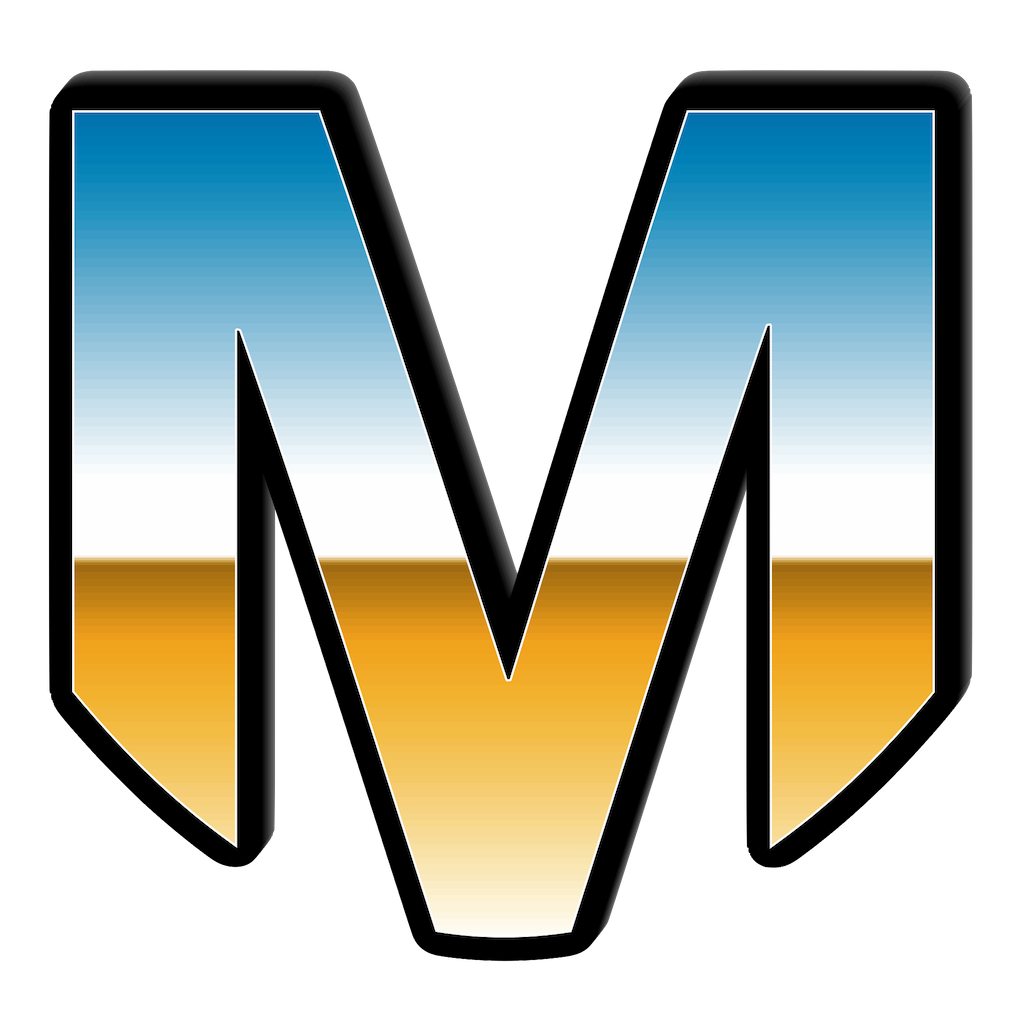Fldigi to MacLoggerDX AppleScript
AppleScript® is one of the many features of OS X that can be used to add so much functionality to your computer. Much of the popular amateur radio software on OS X, such as Aether, MacLoggerDX, CocoaModem and RUMlog, has supported AppleScript for years. Among many other capabilities, AppleScript can be used to automate importing of logs from programs such as CocoaModem or to automate upload/download from eQSL or LoTW; and it is in these areas we see it most often applied by amateur radio software. Due to its nature as a non-Cocoa application, Fldigi has not been able to benefit from AppleScript’s features and capabilities. However, Fldigi has been able to support execution of external scripts for some time now. On other OS’s, this may take the form of a Python script or some small Bash script in Linux, but proper execution of AppleScript has been difficult at times to figure out.
Enter Dale Puckett (K0HYD). Earlier this month, Dale took on the task of trying to get Fldigi to properly execute an AppleScript to write saved log entries to MacLoggerDX via the <EXEC> </EXEC> macro tags within Fldigi. These macro tags allow the execution of external scripts from within a Fldigi macro, such as a you might use to automatically log a QSO after sending your final 73 and SK message. With some help from others, and building upon the work for KJ6MSJ and VA3ZTF, he was able to finally make this work and has released the final product to everyone. As it is an AppleScript, it should be easily modifiable to do the same for other logging programs that support AppleScript, such as Aether or RUMlog. Full documentation is included within the AppleScript and it is viewable in AppleScript editor.
Dale says that he had several goals when taking on this task. Besides the obvious one of wanting to automate the logging from Fldigi to MacLoggerDX, other goals included embedding the documentation into the script so that everything would be in one location. Especially important in the documentation is the proper methods to get environmental variables from Fldigi and direct them to the appropriate AppleScript dictionary entries in other Mac programs. Finally, Dale wanted to demonstrate how to pull all the pieces of the puzzle together into one solution and to encourage others to develops the skills necessary for this type of project.
The AppleScript file can be downloaded from https://groups.yahoo.com/neo/groups/linuxham/files/Log2MLDX.scpt. This may require you to be a member of the LinuxHam group on Yahoo Groups, so if you are not a member and desire the file, feel free to email me (K3DCW) directly (info at QRZ.com) and I’ll be happy to send you a copy of the AppleScript file.
As an aside, besides being a fan of Fldigi and MacLoggerDX, Dale spends some of his time every other week hosting the video segment on Ham Nation which can be seen at 8pm CDT on TWIT.TV/live. Archived podcasts are also available at TWIT.TV/hn at anytime and the video segments are also available at HamNationVideos.info.
Thanks, Dale, for all of your efforts; both with the AppleScript as well as with Ham Nation.

